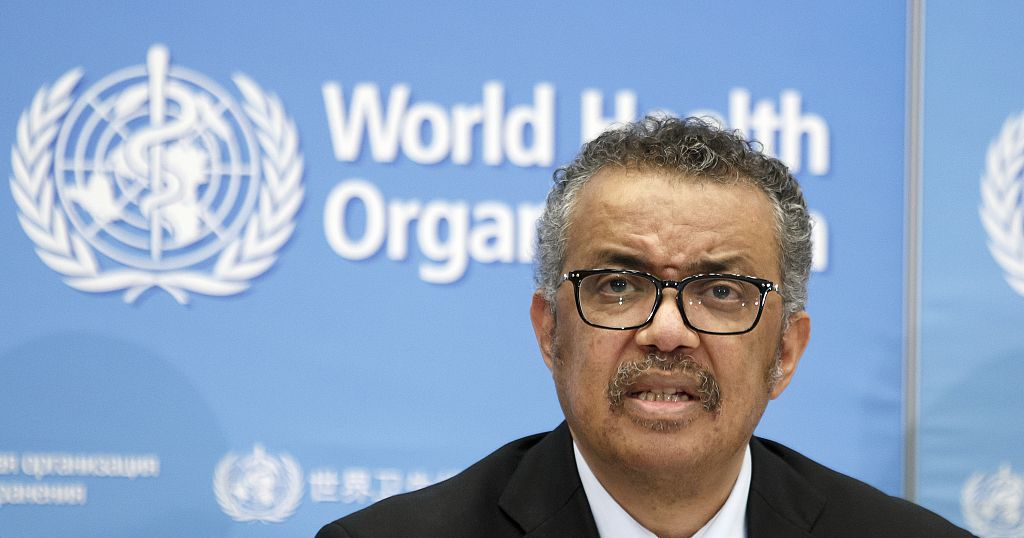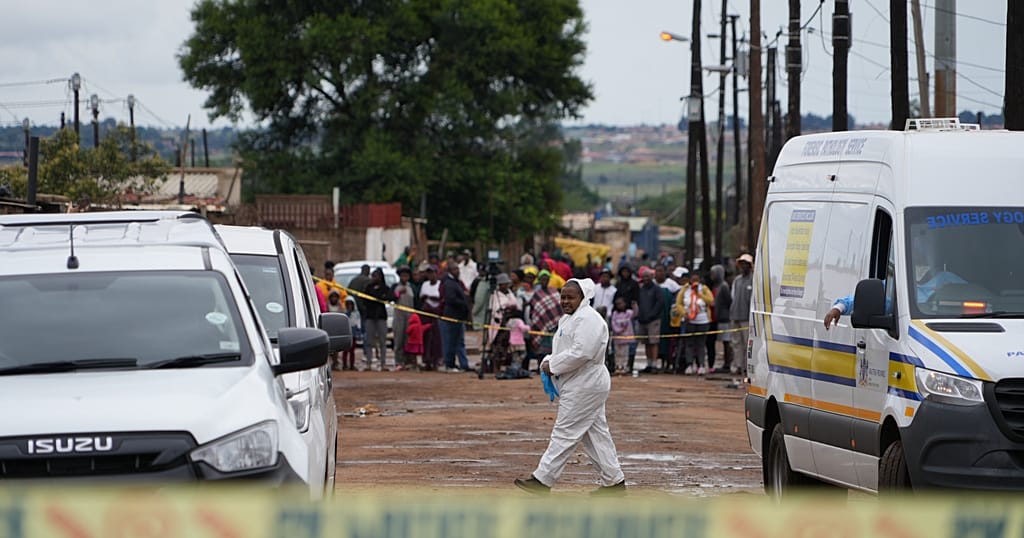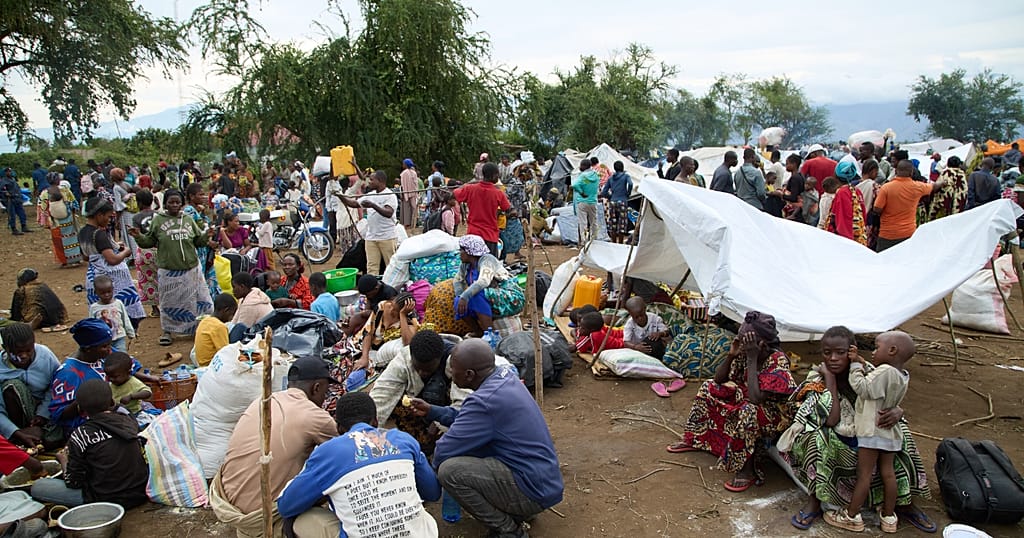WHO chief in Kigali as Rwanda moves closer to “stopping Marburg outbreak”

An outbreak of the Marburg virus is being contained in Rwanda, authorities say.
The health minister cited Sunday the absence of new infections or deaths in the past six days.
Health officials have confirmed 44 recoveries and only three active cases remain.
The Ebola-like disease has so far killed 15.
“We have been following everyone with symptoms suggestive to Marbug virus, to call us and tell us and all (those) we tested in the last four weeks, no-one tested positive for Marburg, which is great news that we do not have community transmission for Marburg, that is also a key indicator and we are going to continue. It is not the end but a great step forward towards stopping this outbreak.”
Rwanda has documented 1,146 contacts.
All positive cases have come from the list of known contacts of people with the virus, he said.
Like Ebola, the Marburg virus is believed to originate in fruit bats and spreads between people through close contact with the bodily fluids of infected individuals or with surfaces, such as contaminated bed sheets.
Symptoms include fever, muscle pains, diarrhea, vomiting and, in some cases, death through extreme blood loss.
Rwanda declared the outbreak on Sept. 27. To limit the spread, schools and hospital visits were suspended.
Home vigils are banned if a death is linked to Marburg.
Visit of the command centre leading Marburg outbreak response
The WHO director-general praised the country’s efforts.
Dr Tedros is undertaking a mission to Rwanda to assess firsthand the response to the Marburg virus disease outbreak in Rwanda, and the support being provided by WHO and partners.
During his time in the country, Dr Tedros has visited health facilities treating people infected by the virus and the command centre leading the response and met with national health authorities and United Nations partners.
“I can see that the outbreak is being managed under strong leadership,” Tedros said.
Identifying and isolating people exposed to contamination is key to stopping outbreaks of viral hemorrhagic fevers like Marburg.
It a vaccine study against Marburg earlier this month.
“Although there are no approved vaccines or therapeutics for Marburg, we congratulate Rwanda for the speed with which it initiated trials of both vaccines and therapeutics, and we hope that these trials will help to generate the data to support approval of these products for future outbreaks,” Dr Tedros said.
Without treatment, Marburg can be fatal in up to 88% of people who fall ill.
Early supportive care with rehydration, and symptomatic treatment improves survival.
The virus was first identified in 1967 after it caused simultaneous outbreaks of disease in laboratories in the German city of Marburg and in Belgrade, Yugoslavia.
Seven people died after being exposed to the virus while conducting research on monkeys.
Source: Africanews















